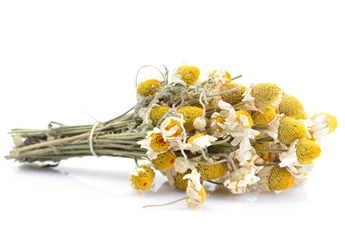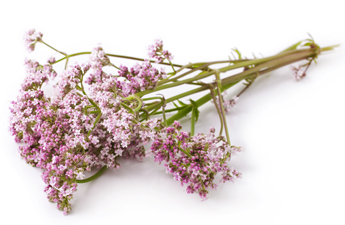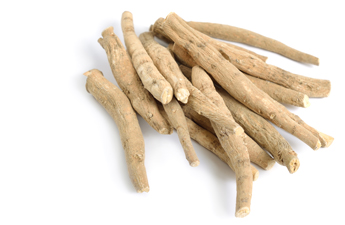Common mistakes we make when growing, storing and taking herbs
New to herbalism? Or maybe you’ve been using herbs for a while? There are many blunders each herbalist makes when we venture into the wonderful world of herbs. I’m sure I’m still making many! It’s all a learning curve and part of the journey when working with plants. We are forever learning and adapting based on our experiences and those of our mentors. Here is a short list of some of the common mistakes that people (myself included!) have made when working with herbs.

By Tamara Welsh, Happy Herbalist
You’re waiting too long to harvest your homegrown herbs
If you are growing your own herbs for culinary or therapeutic use, it is important to prune and use them often to support and encourage growth. This is true for those herbs in which we use the leaves, stems and flowers. Often by pruning the plant we can support it to send out more shoots, stems, leaves and flower buds which in turn will increase our bounty.

You’re storing herbs on display in clear glass
As tempting as it is to display your beautiful herbs on a shelf or window seal, it’s important to remember that sunlight and heat will degrade some of the delicate constituents in the herbs. Chemical compounds in herbs are easily lost with exposure to air, light, heat and moisture and therefore storing your herbs correctly can greatly increase their shelf life and potency. Make sure when storing your herbs, they are completely dry before you place them into their storage vessel. One of the best storage containers is amber glass jars or bottles as they prevent light from reaching the herb. It’s also important that you store your herbs in their full form rather than ground down into a powder if you aren’t going to use them quickly. Grounding your herbs to a powder allows more surface area of the herb to be exposed to air which will degrade their potency. Always try to use a container that just fits your herbs so that you can avoid too much air in the bottle or jar. If you are planning to store your herbs for a while you may need to decant your herbs into smaller jars/bottles as you use them. A cool dark cupboard is a great location to keep your herbs.
You’re taking the wrong amount
The suggested amount of herb to be used to have an effect is highly individual and can be dependent on age, gender and health status. It will also depend on the type of preparation you are taking. Some preparations are more potent (such as tinctures and extracts) as they contain more herb per ml than others such as teas. Many herbal products come labelled with suggested use guidelines but it’s important to remember that this won’t be the same for everybody. Some individuals are highly sensitive and may need far less. In most cases it is good practice to start with a very small amount and then slowly build to the recommended amount as you need. When people report no effect from herbal products, often it can be as simple as the incorrect amount of herb was used.

You’re taking herbs for a short period of time or inconsistently
Similarly to the above point, many herbs need time to have a therapeutic effect that is seen or felt in the body. These days we are accustomed to pharmaceutical drugs such as pain killers and antibiotics that have a relatively quick and sometimes almost immediate effect on the body and while some herbs can work this way, many are designed to be taken persistently and consistently for a long period of time (3 months +) before the desired effect may be experienced. This is especially true when dealing with health issues relating to hormonal imbalances, chronic skin issues, chronic fatigue and lowered immunity.
It’s also important to note, that when dealing with an acute condition such as the flu, it can help to take smaller amounts more often whereas if a condition is chronic (long-term) you may wish to take a larger amount once or twice daily.
You’re using the wrong preparation
There are many ways in which you can prepare and consume herbs. You may take them fresh, as powders, capsules, teas, oils, lotions, extracts, syrups and many more!
Herbal medicines contain a complex mixture of chemical compounds, and this complex mixture is what gives them their unique activity. Each herbal preparation will extract these chemical compounds at different rates and therefore a different preparation method using the same herbal material can differ in its potency and actions. Some chemical compounds are best extracted in alcohol and are therefore best taken as tinctures and extracts, while others suit water extraction and are best consumed as teas or decoctions. Understanding what preparation to use for a particular herb can get complex.
Deciding on a preparation is also important when using herbs for topical applications. For example ointments and salves are wonderful at holding herbal extractions on the skin and creating a barrier to protect the skin and avoid moisture loss. However, a salve may not be an appropriate preparation for hot skin condition such as sunburn where the body needs to be able to expel excess heat. In this case, a lotion may be more appropriate.

You’re taking particular herbs because they worked for someone else
While it helps to understand what’s working for others, herbal medicine is actually very individualised and you may find that what works for one person doesn’t work for another. But why is this the case? It’s because in herbalism, we work to address the underlying cause of your symptoms and this may differ from person to person. For example, two people may present with headaches however the cause for one person may be an hormonal imbalance and for the other may be due to stress and muscular tension. These two people would require different herbs to help them with the same symptom.
I hope this short list has helped you to recognised some of the easy to make mistakes when using herbs. May we all continue to learn from each other on our herbalism journeys.

Also by The Happy Herbalist
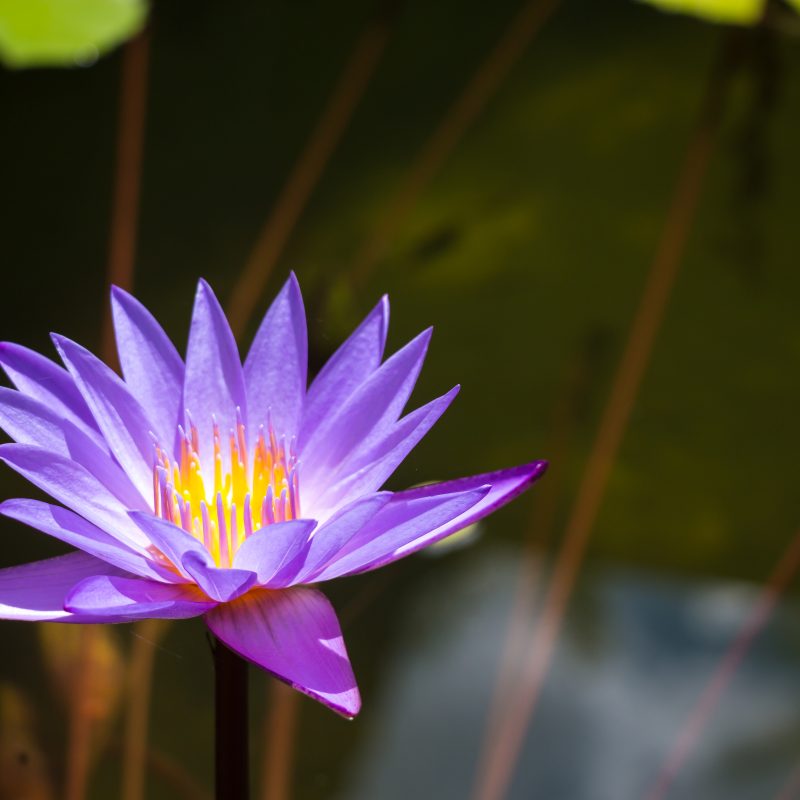

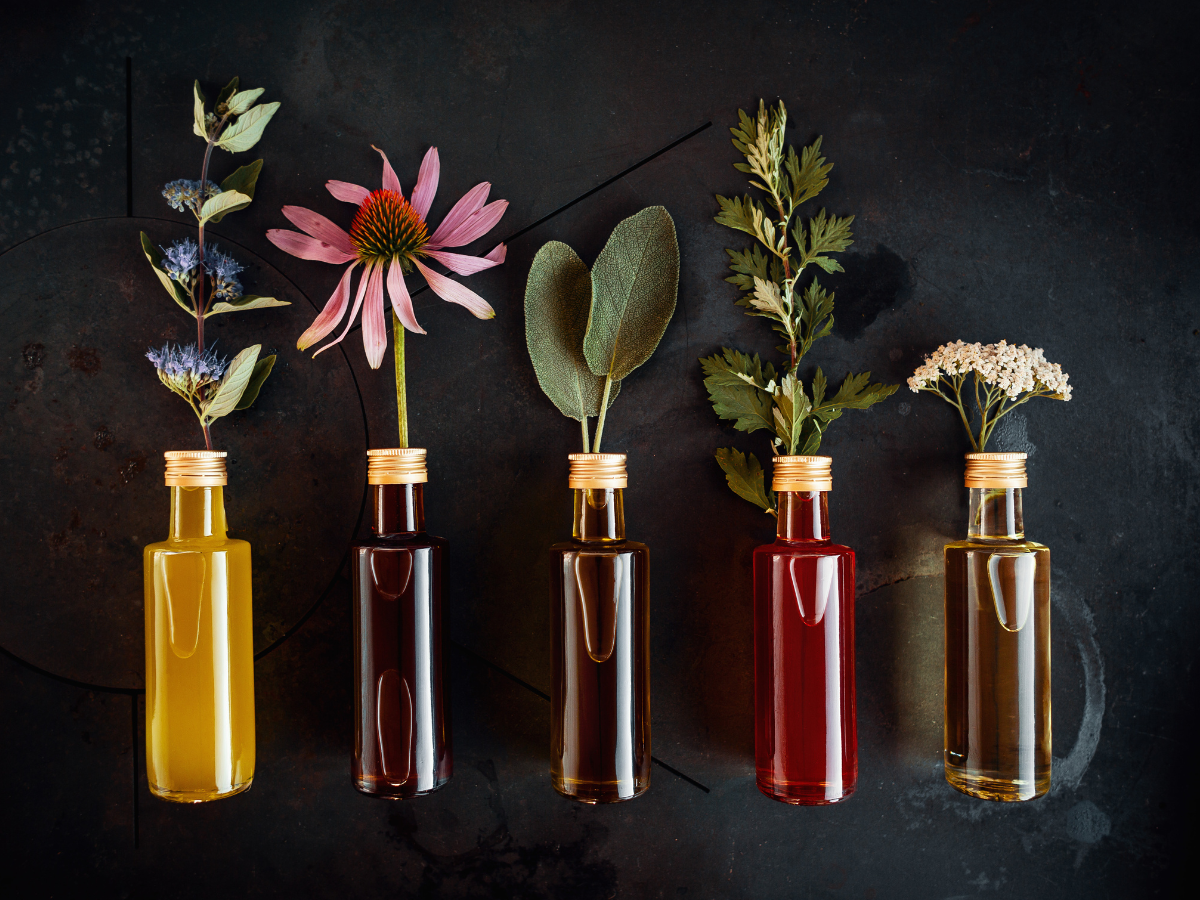


 Nextwave
Nextwave